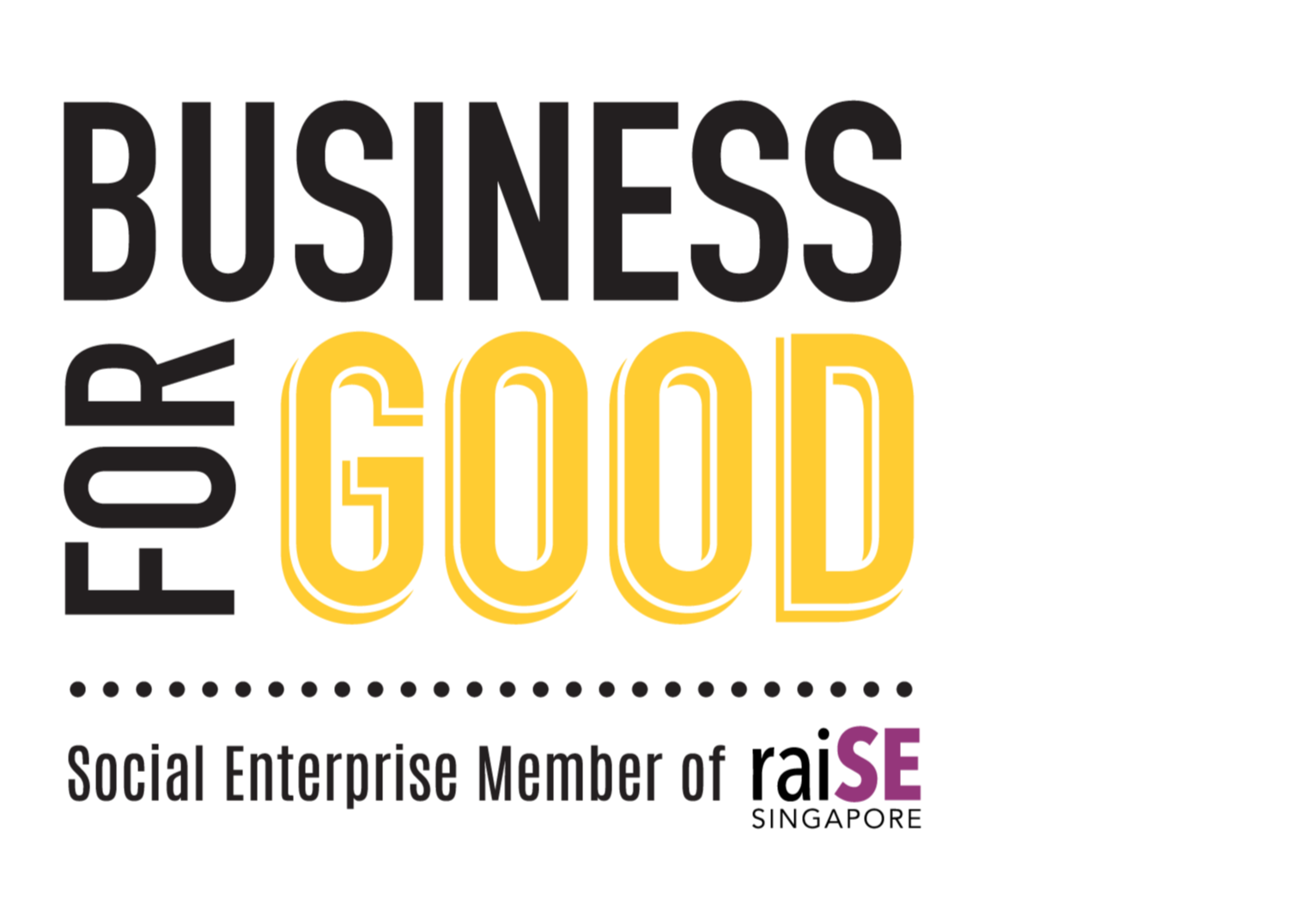In the heart of Singapore, a city known for its lush greenery amidst urban sprawl, a unique trend is taking root. Upcycled denim dog bandanas are becoming more than just a fashion statement for pets. They are emblematic of a broader commitment to environmental conservation. This movement fits well with Singapore's focus on sustainability. It demonstrates how simple changes in our lives can help the environment worldwide. Elevate your pup's style while embracing sustainability with our premium Bandana Dogs collection. Discover the perfect blend of eco-conscious fashion and canine chic today!
The Essence of Upcycling
Upcycling represents a creative solution to waste. It involves transforming discarded materials into products of higher value. Denim, with its robustness and timeless appeal, serves as an ideal candidate. By upcycling denim into bandana dogs, we give old jeans a new purpose. This process significantly reduces waste. It prevents old clothes from ending up in landfills.
Singaporeans are embracing upcycling with enthusiasm. This trend is not just about reusing materials. It's about reimagining how we view waste. It's a mindset shift towards seeing potential in the discarded. This philosophy mirrors Singapore's approach to waste management and environmental conservation.
A Sustainable Fashion Statement
Fashion often comes at an environmental cost. However, upcycled denim dog bandanas challenge this norm. They prove that style can be sustainable. These bandanas are more than accessories for pets. They are a statement against the fast fashion industry. They promote a culture of sustainability.
In Singapore, where environmental awareness is high. These bandanas resonate well with pet owners. They align with the city-state's efforts to reduce waste and promote recycling. By choosing these eco-friendly accessories, Singaporeans are making a conscious decision. They are opting for products that look good and do good.
The Impact on Waste Reduction
The production of new textiles has a significant environmental impact. It consumes vast amounts of water and energy. Upcycled denim dog bandanas offer an alternative. They utilize existing materials, thus conserving resources. This approach significantly reduces the environmental footprint associated with manufacturing new products.
In Singapore, where space is at a premium, minimizing waste is crucial. Upcycled bandanas contribute to this goal. They show how recycling and creativity can work hand in hand. This initiative supports Singapore's vision of becoming a zero-waste nation. It highlights the importance of reusing materials in innovative ways.
Supporting Local Communities
The movement towards upcycled denim dog bandanas also supports local artisans and businesses. In Singapore, small businesses and craftspeople are the backbone of the economy. By purchasing these handmade bandanas, consumers are supporting local talent. They're supporting people dedicated to eco-friendly practices. This helps keep their livelihoods sustainable.
This support fosters a sense of community. It strengthens the bond between pet owners, artisans, and the environment. This collaborative effort is crucial. It showcases how individual actions can contribute to a larger cause. It demonstrates the power of the community in driving sustainable change.
Every Step Counts
The trend of upcycled denim dog bandanas in Singapore is more than a fashion phenomenon. It's a reflection of a deeper commitment to environmental conservation. By repurposing old jeans into stylish bandanas for pets, we are taking a stand. We are saying no to waste and yes to sustainability.
This movement illustrates how every action, no matter how small, counts. It shows how collective efforts can make a significant impact. Upcycled denim dog bandanas offer easy support for saving the environment. They're a simple but strong step for conservation. They remind us that we all have a role to play in protecting our planet. Through such initiatives, we move closer to a sustainable future, one stylish pet at a time.



